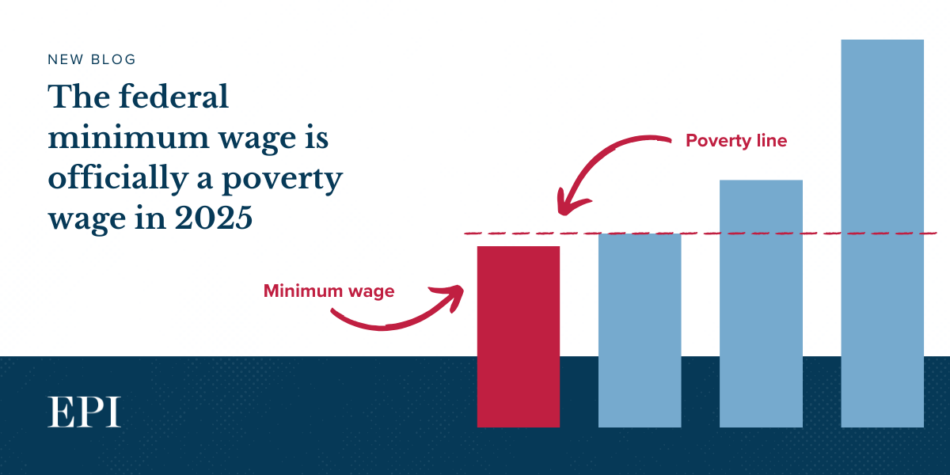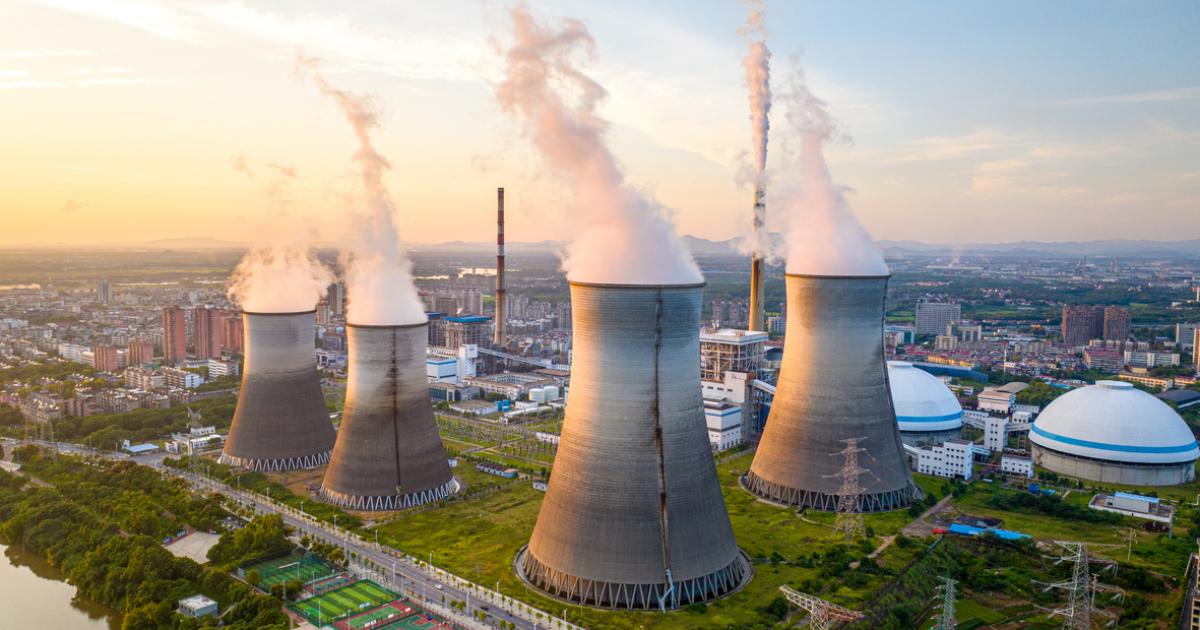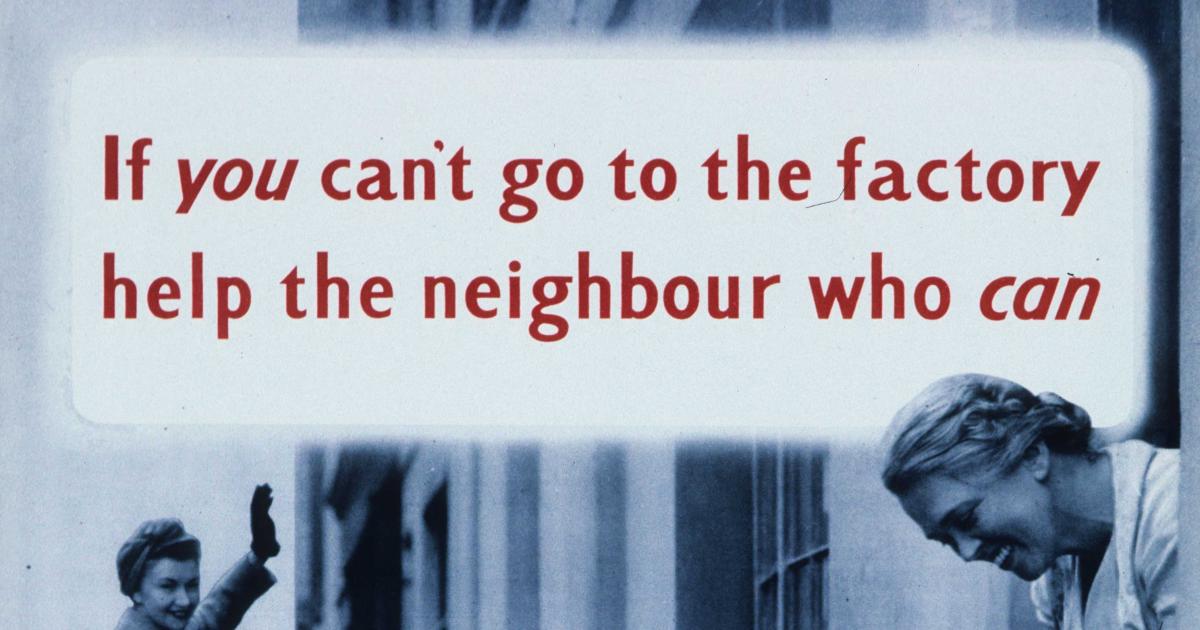Fact-Checking Trump's Claims on Border Crossings, Egg Prices, and Job Creation in Recent Speech

During a rally held in Michigan, President Donald Trump marked what he described as "the most successful first 100 days of any administration in the history of our country, according to many, many people." In this address, he highlighted key areas of focus during his administration, including efforts to combat illegal immigration, the initiative to revitalize American jobs, and his approach to controlling inflation, which he termed an "inflation nightmare." In response to some of the claims made during this speech, BBC Verify has undertaken a thorough examination of the facts.
Are gasoline prices down by a lot?
Trump asserted that "gasoline prices are down by a lot" since he took office. Data from the American Automobile Association (AAA) indicates that as of April 29, the average price for a gallon of regular gas across the United States stood at $3.16 (2.36). This represents a slight increase from the price of $3.125 (2.33) recorded on the day Trump assumed the presidency. Additionally, Trump claimed that gas prices had "just hit $1.98 in a lot of states"a statement he has repeated multiple times. However, upon review, BBC Verify found no evidence to support this claim; as of April 29, no state reported an average gas price lower than $2.67 (1.99) according to AAA data.
Are egg prices down 87%?
Another claim made by the President was regarding the price of eggs, an issue that has become particularly pressing for consumers in light of the ongoing bird flu outbreak. Trump stated, "Since I took office, the cost of eggs is down 87%." However, this claim is demonstrably inaccurate. When he entered office in January, the average national price for a dozen large Grade A eggs was approximately $4.95 (3.70). This figure rose to a staggering record high of about $6.23 (4.65) per dozen in March, according to the latest statistics available. While the White House has pointed to wholesale egg prices as evidence of a downward trend, the wholesale prices have decreased by roughly 52%, from $6.55 (4.89) in January to $3.15 (2.34) in the most recent week.
Are border crossings at their lowest on record?
Trump devoted a significant portion of his speech to discussing his administration's efforts to address illegal immigration, a pivotal issue during his campaign. He claimed, "For two months in a row, we have set all-time records for the lowest number of illegal border crossings ever recorded." This assertion is indeed supported by the latest data on "encounters" with illegal migrants at the US-Mexico border. In March, there were 7,181 recorded encounters, followed by 8,346 in February, marking the lowest figures since these records began in 2000. In stark contrast, the previous year under President Biden saw approximately 140,000 encounters during the same months. Although the Migration Policy Institute indicates that this years illegal border crossings are the lowest since the late 1960s, the claim of all-time lows may not be entirely accurate.
Has Doge saved $150 billion?
In a surprising twist, Trump praised Elon Musks efforts at the Department of Government Efficiency, humorously abbreviated as Doge, asserting that they have saved "over $150 billion on waste, fraud, and abuse." The Doge advisory body does publish a running total of its estimated savings, which was reported at $160 billion as of its last update on April 20. However, intriguing questions arise when examining this figure: less than 40% of the total savings are broken down into individual categories, which encompass cancelled government contracts, grants, and leases. An analysis conducted by BBC Verify found that only about half of these itemized savings could be substantiated with documentation or other forms of evidence. Experts in federal contracting have expressed skepticism about some of Doges largest claimed savings, suggesting that certain figures may have been exaggerated.
How many jobs has the Trump administration created?
In addition to these discussions, the President touched upon job creation, a topic of great importance as the nation continues to recover from economic challenges. Many Americans are keen to understand the actual impact of his policies on job growth and the overall economy, especially considering the fluctuations observed during his term.


























